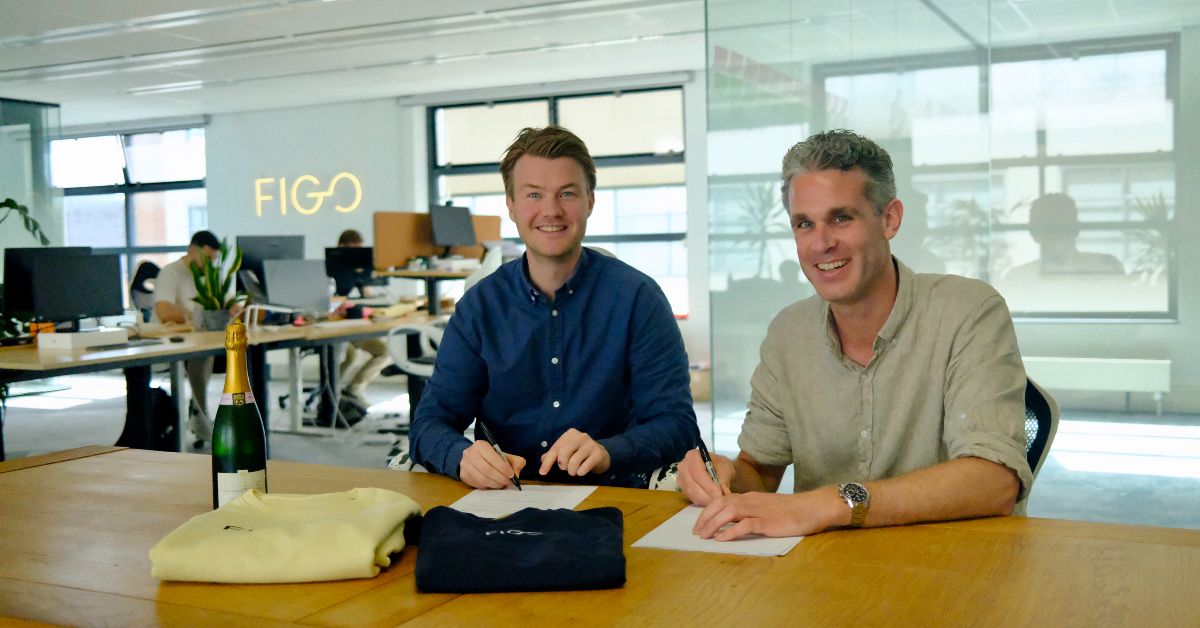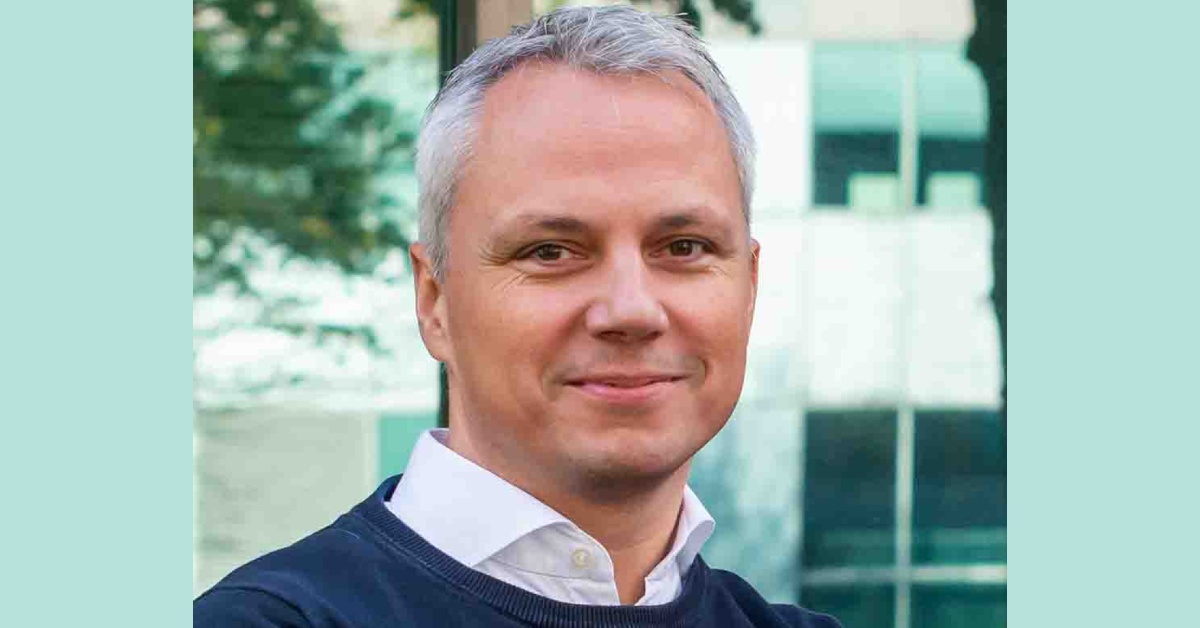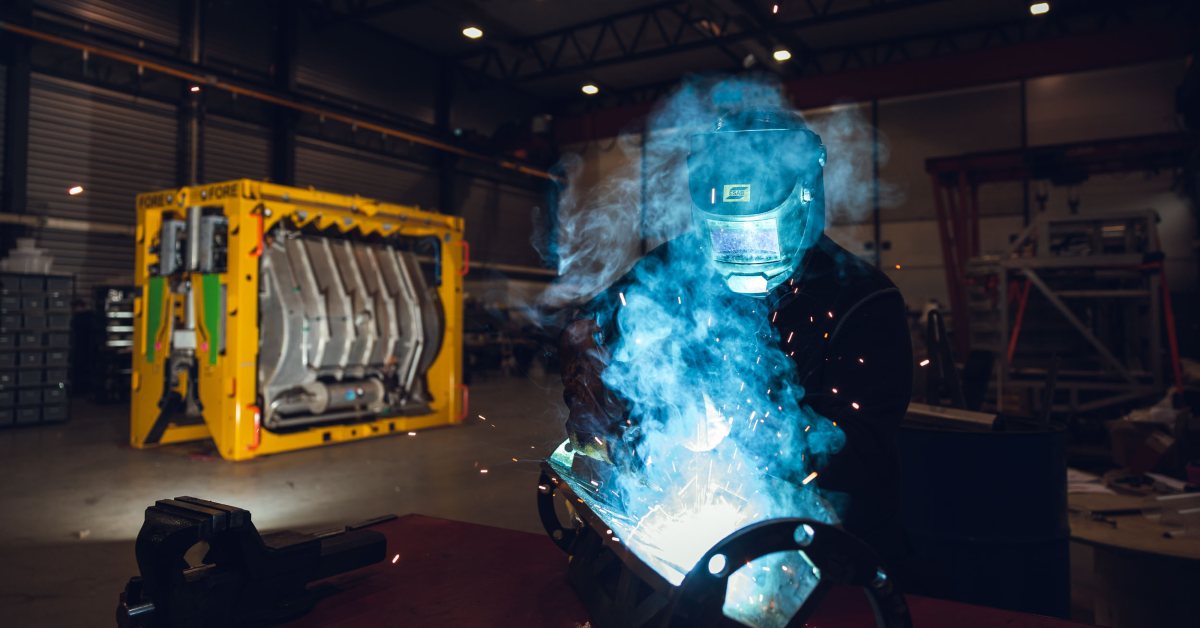London-based Epoch Biodesign has raised $18.3M (nearly €17.1M) in an oversubscribed Series A funding round. The company develops enzymes to improve the cost and performance of recycled plastics compared to virgin materials.
The investment was led by Berlin-based Extantia Capital, with contributions from Inditex, Lowercarbon Capital, Happiness Capital, Kibo Invest, Day One Ventures, and others. The company also secured a $1M grant from the UK government.
Yair Reem, Partner at Extantia, says, “Plastic has a bad reputation, but the problem isn’t the material — it’s how we use and dispose of it. When designed, sourced, and recycled responsibly, plastic can be one of the most efficient and sustainable materials we have. And that’s what Epoch is doing.”
“They aren’t just developing better recycling – they’re transforming the entire value chain to ensure it works for the planet, not against it.”
A biorecycling platform
Founded in 2019 by Jacob Nathan, Epoch Biodesign has developed enzymes that break down plastics in a process similar to natural decomposition.
Using AI and automated screening, the company creates enzymes that convert mixed waste into chemical products at room temperature.
Epoch has formed over 40 partnerships across industries, including apparel, automotive, fashion, and textiles, to support textile recycling. The company has grown to a team of 30 scientists and engineers in London and has raised $34M from investors.
Epoch’s joint development agreement
Epoch Biodesign and Inditex have entered a multi-year joint development agreement to ensure the company’s enzyme-based recycling technology meets performance standards.
Epoch’s biorecycling process addresses challenges faced by traditional recycling methods, which degrade polymer quality or require high temperatures and energy.
With plastic production expected to increase significantly in the coming decades, Epoch’s technology offers a method to fully recover material value by producing high-quality chemicals at cost parity with fossil-based alternatives.
For apparel brands, this process supports the transition to recycled materials while helping meet recycling mandates and reducing raw material costs.
Jacob Nathan, founder and CEO of Epoch Biodesign, says, “We’re proving that plastic waste isn‘t just a problem to solve – it’s a valuable resource waiting to be unlocked. Using the molecular precision of enzymes at an industrial scale, we’re building the solution set to make all plastics recyclable and doing so at a competitive price. This is what real circularity looks like.”
Epoch mentions that California has passed legislation requiring apparel companies to manage end-of-life recycling. Similar laws are gaining traction across the US, extending beyond existing regulations in Europe. These developments are prompting industries to explore new recycling approaches.
Capital utilisation
Epoch will use the proceeds to build its first plant, expand its collection of plastic-degrading enzymes, and begin working with major textile customers in the fashion, automotive, and chemicals industries.
The company aims to process tens of thousands of tonnes of waste by 2028.
Óscar García Maceiras, CEO of Inditex, says, “Epoch’s innovative and promising technology has impressive potential to revolutionise blended textile recycling. This investment strengthens our commitment to advancing an innovative, circular model and driving the industry’s transition toward low-impact materials.”
Brief about Extantia Capital
Extantia is a VC firm supporting climate-focused companies and venture funds through its investment strategies, Extantia Flagship and Extantia Allstars. The firm manages approximately €300M in assets.
Extantia Flagship invests in software and hardware solutions targeting large market opportunities, focusing on Seed to Series A rounds across Europe with initial investments ranging from €1-5M.










01
From telecom veteran to Dutch Startup Visa success: The Jignesh Dave story